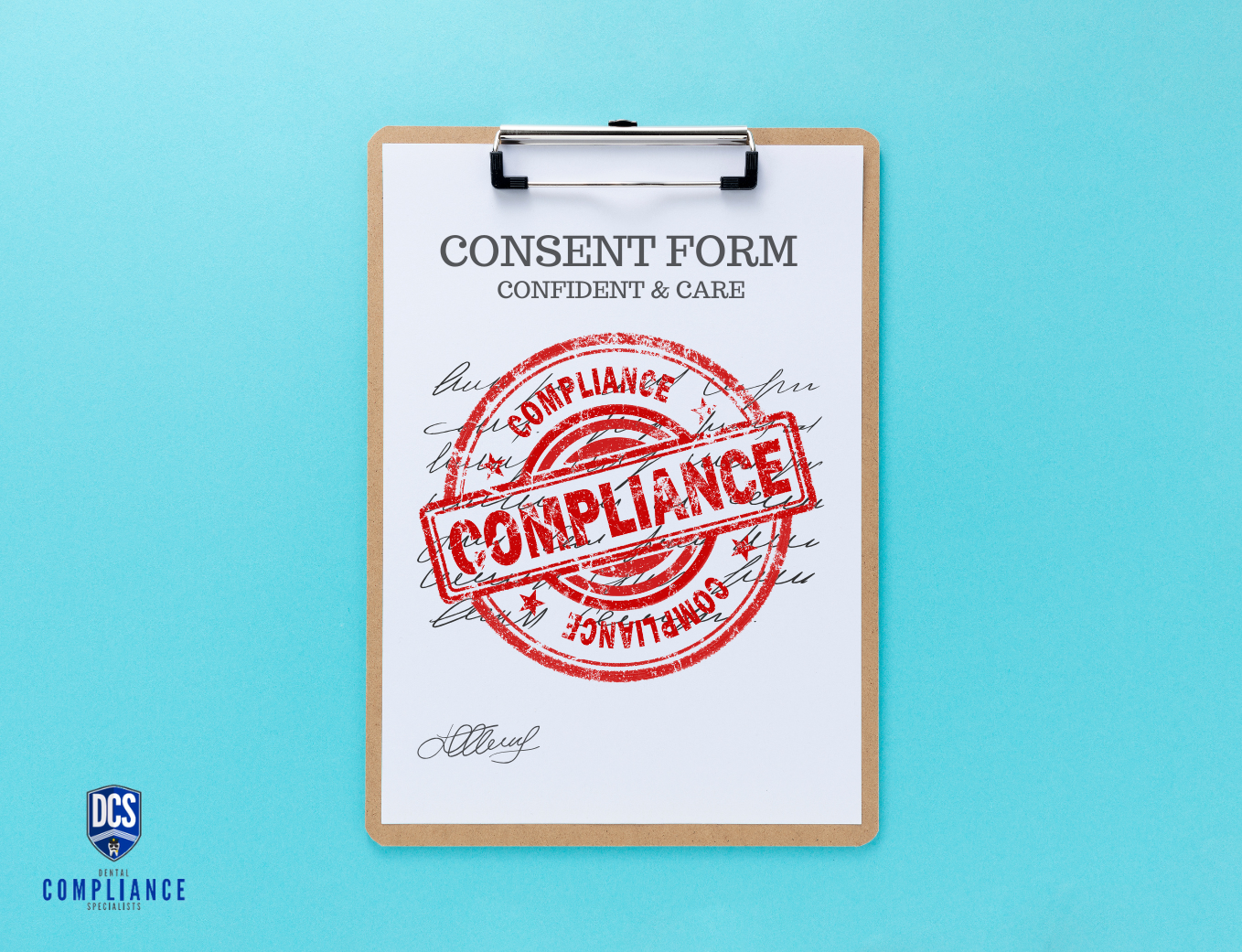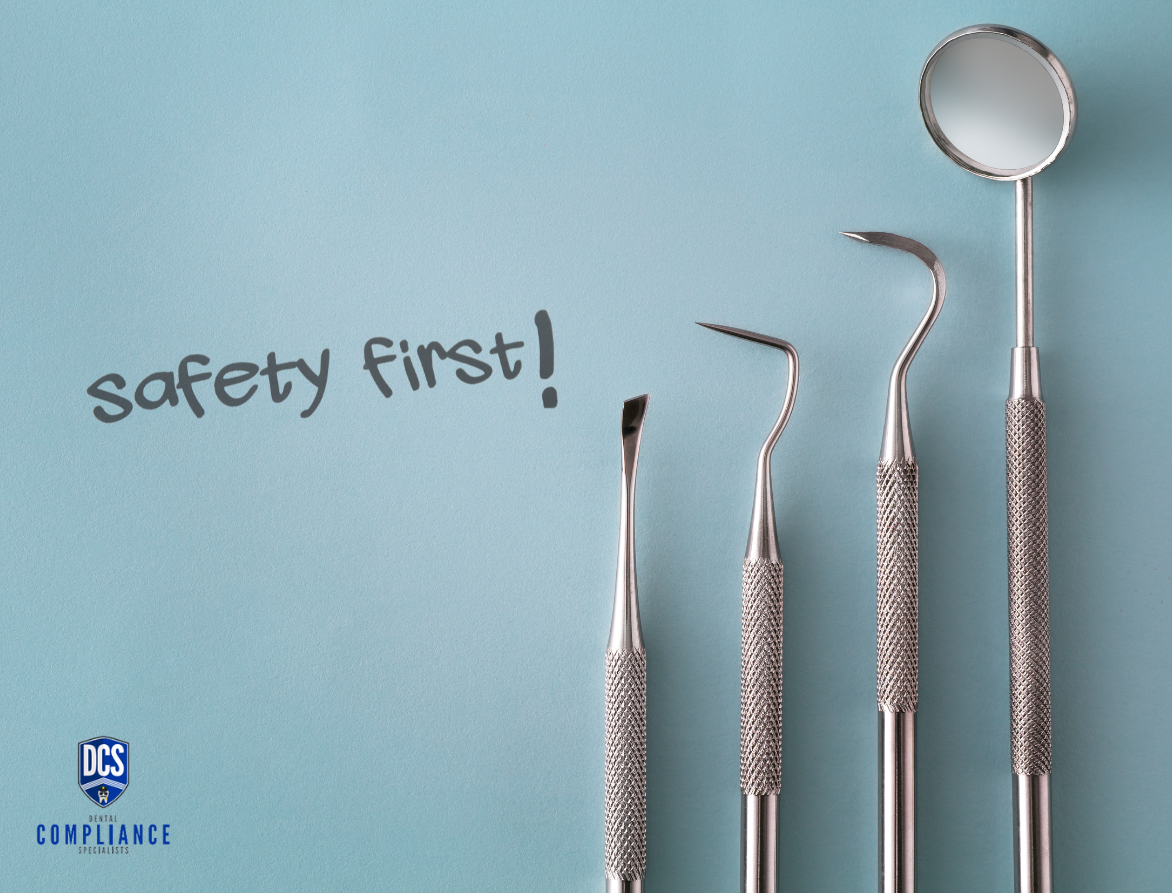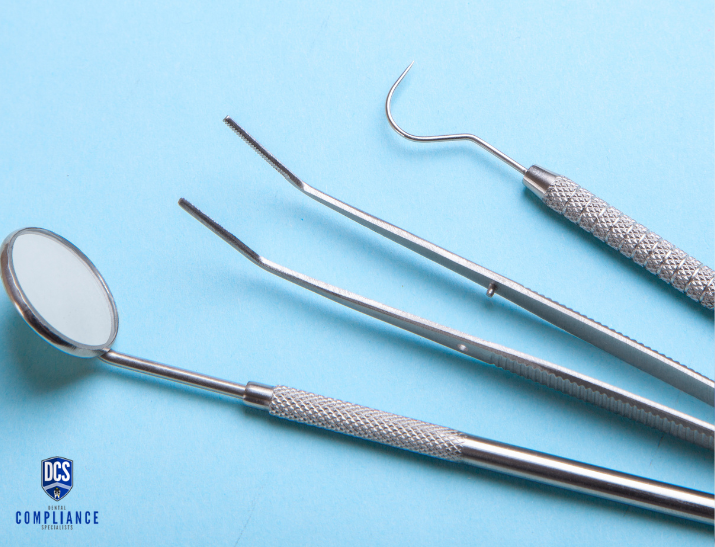
The dental office is generally a place where people go for routine cleanings, fillings, or more specialized care, all aimed at maintaining oral health. Yet, despite best practices and strict adherence to protocols, critical incidents such as a patient's death or near-death ...
Read more
Objective: To evaluate and prepare dental staff for effectively recognizing and managing a patient experiencing a seizure during a dental procedure. Target Participants: • Dentists• Dental Assistants• Office Staff• Receptioni...
Read more
When most of us think about medical emergencies, we focus on the immediate and urgent needs—the critical interventions that can be the difference between life and death. Yet, the psychological well-being of patients is often overlooked, especially in dental settings where t...
Read more
Objective: To prepare and assess the dental office staff's competence in quickly recognizing and treating a severe allergic reaction, specifically anaphylactic shock, in a dental setting. Target Participants: ● Dentists● Dental Assista...
Read more
It is well known that dentists must obtain consent before providing dental treatment. Board Rule 108.7 specifies that a “signed, written informed consent is required for all treatment plans and procedures where a reasonable possibility of complications from the treatment pl...
Read more
In the realm of dental practice management, adhering to Occupational Safety and Health Administration (OSHA) regulations is not just a legal obligation—it's a cornerstone of providing safe and responsible dental care. This blog post is your ultimate guide to navigati...
Read more
Compliance risks are a concern for all healthcare practices, including dental offices. Some of the greatest compliance risks facing dental offices today include: HIPAA Violations: Dental offices must comply with the Health Insurance Portabilit...
Read more
HIPAA compliance is a critical requirement for dental practices to protect patient information. Here are 52 compliance tips for dental practices to follow: Appoint a HIPAA Compliance Officer Conduct a risk analysis and update it annually Read more

Dentists, like any healthcare provider, face a range of compliance risks. Compliance refers to adherence to laws, regulations, and standards that govern the practice of dentistry. Failure to comply with these requirements can result in legal and financial consequences, dama...
Read more
Dental compliance refers to adhering to the laws, regulations, and guidelines set forth by governing bodies in the dental industry. It's important to understand the difference between what you have to do and what is recommended to ensure that your practice is operating lega...
Read more